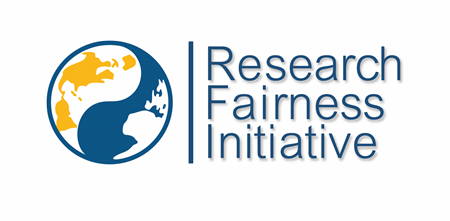Research Department
Epicentre is composed of a Research Department, an Epidemiology, Intervention and Training Department (DEIF). The Research Department works to accelerate the development and implementation of health innovations in populations with little or no access to medical care.
The vision of the Research Department aims to contribute to reducing morbidity and mortality among populations with no or poor access to medical care by performing research to help speed up the development and implementation of healthcare innovations. As commercial “pull” that may drive innovations in resource-rich settings is often absent, our focus is on projects which aim to fill this gap allowing for the efficient testing, development and scale of new approaches that can improve practice. To achieve this, collaboration on the need to raise awareness for research that falls outside the scope of market-driven research and development (R&D) and other innovations forms a core value. With respect to R&D activities, the department’s activities are focused on late-stage developmental trials (Phase III) and post-licensure changes. With respect to innovation, these may be in the form of field trials or other approaches, aiming to contribute to the modification international and national prevention and treatment protocols.
Research centers in Niger and Uganda provide the infrastructure for research on a wide range of projects and topics and partnerships with other institutions in West and Central Africa add to these possibilities
With regards to innovation, these may be in the form of field trials or other approaches, with the objective to contribute to the modification of national and international prevention and treatment protocols.
These priorities have the following objectives:
- Contribute to the development and implementation of new vaccines, diagnostics, drugs, formulations and programmatic strategies to improve MSF, national and international guidelines while acquiring more knowledge
- Develop innovative approaches in data science to provide accurate and critical information for knowledge generation and decision-making
- Leverage partnerships with medical care providers, academic research institutes and policymakers, along with communities and authorities to ensure the relevance of our work and scalability
- Promote our innovative research model to improve access to new tools and information. Unlike other innovative research models, Epicentre aims to have the capacity to conduct all aspects of study initiation, operations oversight and dissemination.
THE RESEARCH DEPARTMENT IS AN RFI REPORTING ORGANISATION
























